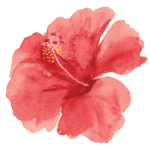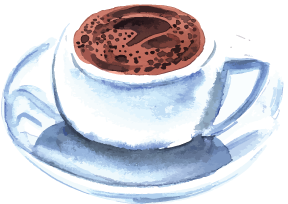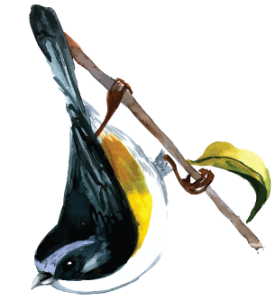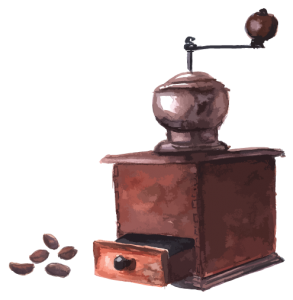Bly has been influential to me in many ways. His book Leaping Poetry (1975) with its examples of the Spanish sensualist poets gave me permission to make wild associations in my own poetry. I was intrigued by images that came from up deep from the unconscious and were brought to light by another leaping image. His book The Morning Glory gave rise to the form of the prose poem, a form I have experimented with and love to have the freedom to use when verse seems too constricting.
Bly has not only been instrumental in my own writing but my teaching as well. I use examples of Robert’s poems when I teach imagery and metaphor to children. There is a prose poem called “The Caterpillar” that I use as an example of good detailed imagery. I read this poem aloud to students and have them draw what they hear. I teach them if the image can be translatable as a mental picture, then the image is working. When I teach metaphor, I read another prose poem of Bly’s called “The Dead Seal Near McClure’s Beach.” I have the students follow along on a printed copy and underline all the metaphors and similes they find embedded within this poem.
There are many things I admire about Robert Bly’s life and work that have made his own poetry very rich: his willingness to explore the human shadow through myth and fairytale, his politically active stance against the war in Vietnam, and his deep involvement with the men’s movement. He constantly examines the health of our culture through his writing, as seen in one of his more recent books, The Sibling Society. It seems Bly has achieved Neruda’s definition of a poet: “A poet must maintain a balance between solitude and solidarity, between feeling and action, between intimacy of mankind and the revelation of nature.” And what I deeply respect Robert for is bringing many great poets from other cultures into the spotlight by his brilliant translations. I had never heard of Rilke or Rumi or Machado until Robert gave them an equal voice at his readings.
Many years ago, I was discouraged with the progress of my own writing. The hatchet method of formal poetry workshops lost its appeal as a way for me to go deeper into my writing. I was in search of a mentor and asked three poets I admired if they would assist me in the process. Out of those three, Robert Bly responded. After I sent him my book, he told me my poems were clear, lively, and well-written, but he wanted me to delve into my dark side. I sent him what I felt were dark poems, but he replied, “I don’t see the dark side in a felt way, rather a witty intellectualizing about them.” Even though this was criticism, I felt honored he thought I had wit. I sent him more poems. He wanted me to get more detailed about my objects, “Kiss each object one by one,” he said. I sent him more poems. He responded, “You’re a big hider.” That was the last of his comments about my work over a period of four months. His brief correspondence gave me enough incentive to carry on, and my poetry has become more sensory-detailed and heartfelt because of it.
When CPITS poet-teachers teach young people the art of poetry, we are their mentors. Mentoring is not only teaching craft but also inspiring the children to go further into their imaginations, to experiment, to be empathic with themselves and with others. Although our hair might not be white and we have a ways to go before we can claim that wisdom cap, we may be the children’s first nudge of encouragement that they too can become a poet.








